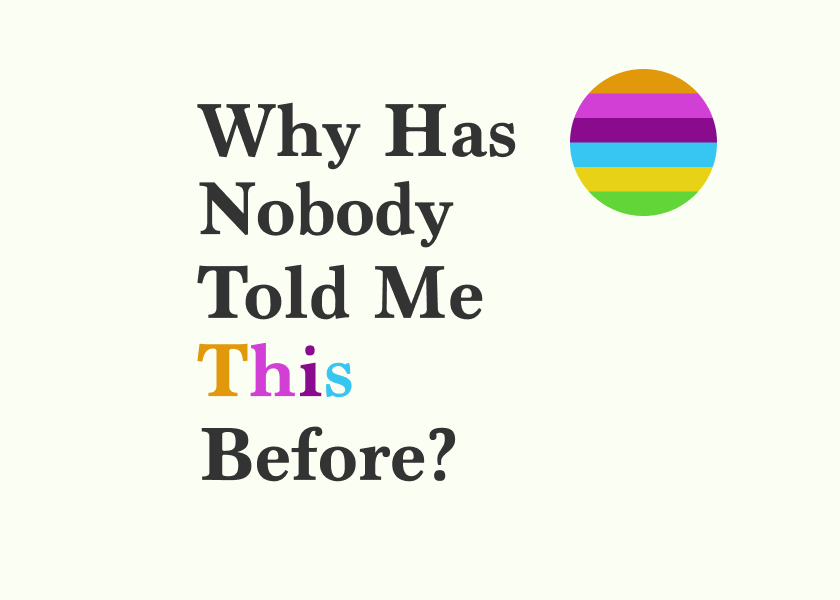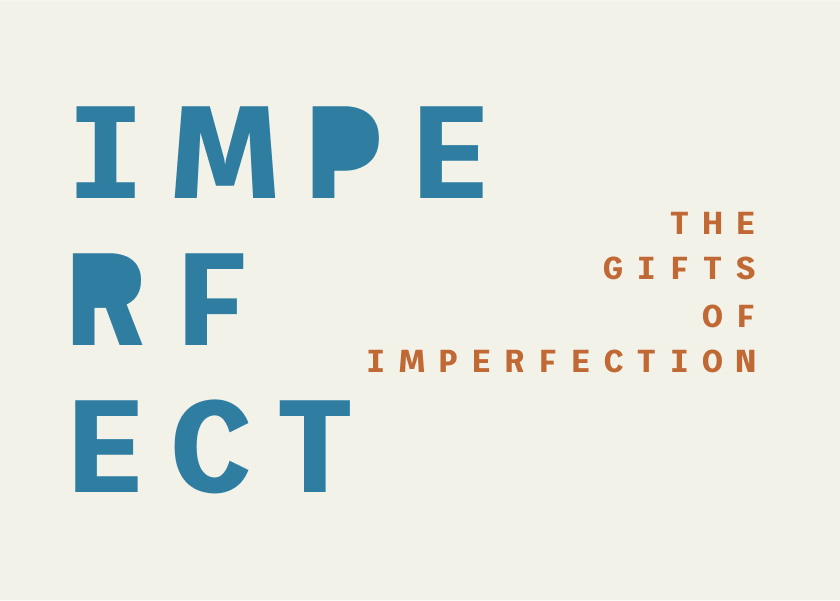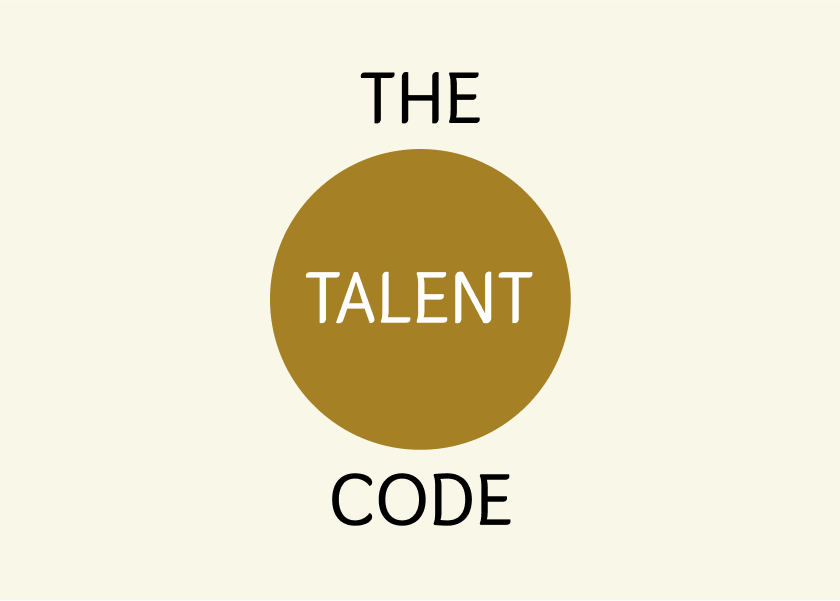Why Has Nobody Told Me This Before by Julie Smith - Summary
This book provides essential life skills to navigate challenges and flourish. Learn to manage your mind, nurture motivation, and build resilience. Discover how to reframe thoughts, understand emotions, and create a more meaningful life.

The following is a summary and review of the book Why Has Nobody Told Me This Before by Julie Smith.
Listen to ShelfHelp's podcast summarising Why Has Nobody Told Me This Before?
Why Has Nobody Told Me This Before?: A Summary and Guide
Have you ever felt like you're navigating life with a map that’s missing key landmarks? Many of us struggle with low moods, anxiety, stress, and a general feeling of being lost. Why Has Nobody Told Me This Before? by Dr. Julie Smith offers a beacon of light, providing accessible and practical tools to navigate these challenges. Dr. Smith, a clinical psychologist with over ten years of experience, became a TikTok sensation by sharing her therapy insights, and this book expands on those ideas, offering a detailed guide for improving mental well-being. You can also check out her YouTube channel. This article provides a detailed summary of the book's key concepts.
Table of Contents
- About the Author
- Who Should Read This Book?
- Key Insights and Themes
- Detailed Summary
- Review
- Actionable Takeaways
- FAQs
- Conclusion
About the Author
Dr. Julie Smith is a clinical psychologist with over a decade of experience. She is a pioneer in using social media to make mental health education more accessible. She launched her TikTok channel with the goal of making top-quality mental health education available to everyone. Her videos have amassed around half a billion views across various platforms, and she was named one of TikTok’s Top 100 creators. Dr. Smith's approach is grounded in research and real-world practice, making her advice both credible and practical. She emphasises that she is also a human, and that the tools she has acquired help to navigate challenges, not prevent them.
Who Should Read This Book?
This book is for anyone who:
- Experiences low mood or depression.
- Struggles with anxiety and stress.
- Feels a lack of motivation.
- Wants to understand and manage their emotions better.
- Is seeking practical tools to improve their mental well-being.
- Needs a guide to navigate challenging life situations like grief.
Practical examples include individuals who feel overwhelmed by their daily lives, those facing significant life transitions, people struggling with negative self-talk, and anyone curious about the science behind mental health. Dr. Smith's approach is designed for everyday people, not just those with severe mental health concerns.
Key Insights and Themes
Here are some key takeaways from Why Has Nobody Told Me This Before?:
- Emotions are not facts: Our feelings are influenced by many factors and we can influence them.
- You can't control thoughts, but you can control your attention: Mindfulness is a valuable tool.
- Self-compassion is essential: Treat yourself with the same kindness you would offer a loved one.
- Motivation fluctuates: Cultivate strategies for when motivation is lacking.
- Stress is not always bad: Learning to work with stress can be beneficial.
- Language shapes your experience: The words you use impact how you feel.
- Relationships are vital for well-being: Nurturing connections are crucial for a meaningful life.
- Failure is a part of growth: Develop resilience to setbacks.
- Small actions lead to big changes: Focus on sustainability not perfection.
- Values guide purpose: Living in line with personal values is key to a fulfilling life.
Detailed Summary
The book is divided into eight sections, each addressing different aspects of mental well-being. Here is a detailed summary:
Section 1: On Dark Places
- Understanding Low Mood: Low mood is often a result of unmet needs, not a brain malfunction. We can influence our emotions through our actions, thoughts, and beliefs.
- Mood Pitfalls: Being aware of thought biases like all-or-nothing thinking, “shoulds,” and negative self-talk helps.
- Things That Help: Engage in activities you enjoy. Small steps are effective. Notice how actions influence your mood.
- How to Turn Bad Days into Better Days: Be aware of how thoughts, actions, and feelings impact one another and use this awareness to interrupt negative cycles.
- Getting the Basics Right: Prioritise sleep, nutrition and movement as a foundation for wellbeing.
Section 2: On Motivation
- Understanding Motivation: Motivation is more than a reason to do something; it is a feeling that fluctuates.
- Nurturing Motivation: Physical movement, consistent actions, and connecting with your goals increase feelings of motivation.
Section 3: On Being Enough
- Being Enough: Focus on self-acceptance and compassion, not perfection.
Section 4: On Fear
- Making Anxiety Disappear: You can calm anxiety by slowing your breathing.
- Things that make anxiety worse: Identify and understand behaviours that may exacerbate anxiety.
- How to Calm Anxiety Right Now: Take slower, deeper breaths, making the outbreath longer than the inbreath.
- What to do with Anxious Thoughts: Recognise thought biases. Distance yourself from anxious thoughts. Reframe threats as challenges.
- Fear of the Inevitable: Explore beliefs about death, and use expressive writing to unravel fears.
Section 5: On Stress
- Is Stress Different from Anxiety?: Stress is constructed in the brain similarly to emotions.
- Why Reducing Stress Is Not the Only Answer: It is important to learn to work with stress, not just avoid it.
- When Good Stress Goes Bad: Understand the stress curve - some stress is beneficial, but chronic stress can lead to burnout.
- Making Stress Work For You: Use tools like breathing exercises and meditation to manage stress.
- Coping When It Counts: Develop concrete and factual affirmations to use in stressful situations.
Section 6: On a Meaningful Life
- The Problem with ‘I Just Want to Be Happy’: Focus on what matters most, not just on being happy.
- Working out What Matters: Use a values-based approach to set goals.
- How to Create a Life with Meaning: Align your actions with your values and identity.
Section 7: Relationships
- Relationships: Understand and nurture your relationships, which are essential for a fulfilling life.
- When to Seek Help: Seek professional help when you have concerns about your mental health.
Section 8: Additional Topics
- Grief: Understand the process of grieving, including the tasks of mourning.
- Criticism and Disapproval: Develop skills to deal with criticism in a healthy way.
- Confidence: Build confidence through courage and self-acceptance, not through self-esteem.
- Self-Acceptance: Practice self-compassion. Respond to setbacks with kindness.
- Habits: Establish new habits by making them easy and rewarding.
Review
Strengths:
- Practical and Actionable: The book offers many practical tools and techniques that are easy to implement.
- Accessible Language: Dr. Smith’s writing is clear, concise, and relatable, making complex psychological concepts easy to understand.
- Evidence-Based: The book's tools and approaches are based on research and clinical practice.
- Comprehensive Coverage: The book addresses a wide range of mental health topics, from low mood to grief.
- Non-judgmental Approach: The author’s compassionate tone encourages self-acceptance and kindness.
- Empowering: The reader is given tools to understand and improve their mental well-being.
Weaknesses:
- Not a Replacement for Therapy: While the book offers helpful tools, it is not a substitute for professional therapy.
- May Require Repetition: The skills take time to become effective and require repetition.
- Broad Overview: The book does not delve deeply into past traumas.
Actionable Takeaways
How to apply these lessons in real life:
- Start a Self-Soothing Box: Prepare a box with items that bring you comfort for moments of distress.
- Practice Mindful Breathing: Use slow, deep breaths to calm anxiety.
- Challenge Negative Thoughts: Use the “lawyer technique” to assess the factual basis of anxious thoughts.
- Develop Self-Compassion: Speak to yourself with kindness and encouragement.
- Prioritise Sleep, Nutrition and Exercise: Pay attention to the foundations of good mental health.
- Do a Values Check-In: Reflect on what you value most in different areas of your life.
- Create Concrete Affirmations: Develop factual and specific affirmations to guide you in challenging situations.
- Focus on Small Changes: Start with small, sustainable actions to build new habits.
- Build a habit of stepping into fear: Practice going where you lack confidence daily, then stepping back and replenishing.
- Turn towards connection: Actively engage in and build on human connections.
FAQs
- What is "Why Has Nobody Told Me This Before?" about? It's a self-help guide by Dr. Julie Smith that provides practical tools and insights for improving mental health, drawing on her experience as a clinical psychologist.
- Is "Why Has Nobody Told Me This Before?" worth reading? Yes, it is. This book is valuable for anyone seeking to better understand and manage their mental health through accessible and actionable strategies.
- Is this book a substitute for therapy? No, the book is not a substitute for therapy, but it does provide useful tools.
- Does this book focus on past traumas? No, the book focuses on providing tools to manage current distress and build resilience rather than delving into past traumas.
- Can these strategies be applied to grief? Yes, the book includes information on grieving and provides a practical framework for coping.
Conclusion
Why Has Nobody Told Me This Before? is more than just a self-help book; it's a guide to navigating the complexities of your mind with practical, research-backed tools. Dr. Julie Smith's accessible approach makes complex psychological concepts understandable and actionable for everyday life. The book emphasizes self-compassion, mindful action, and the power of human connection as essential for well-being. Don't just read about these tools—use them. Start today by implementing some of the actionable takeaways. Your mental health is worth it.
As an Amazon Associate, ShelfHelp may earn money from qualifying purchases. Needless to say, ShelfHelp only includes affiliate links to books we recommend and think are worth your time reading.




